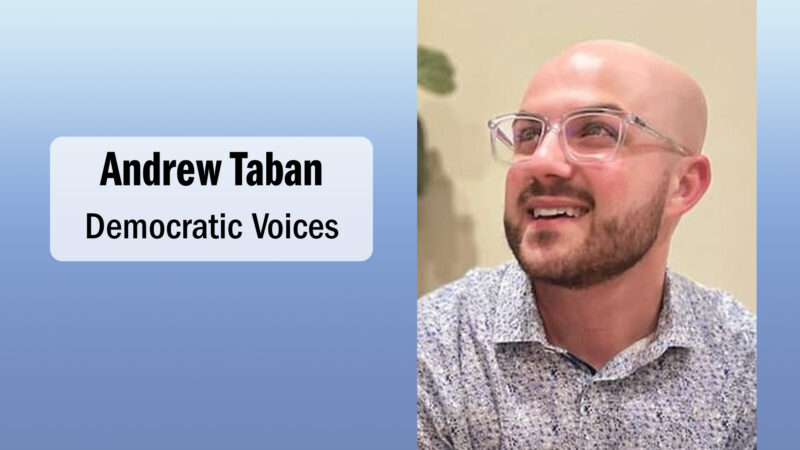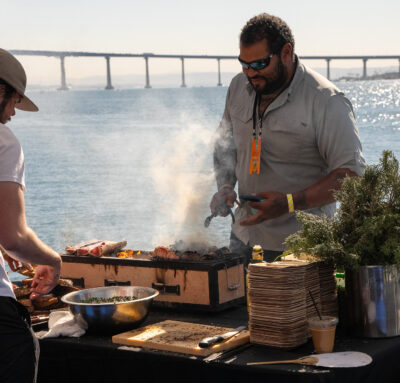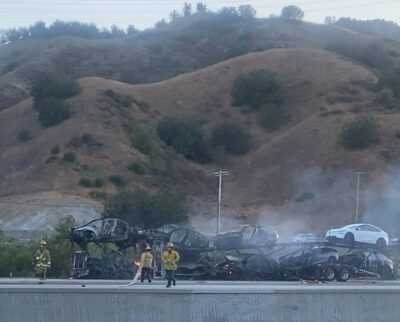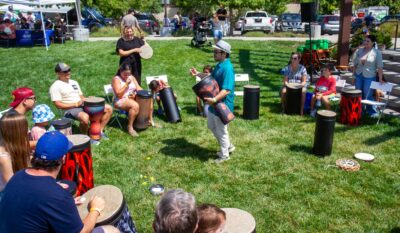I find myself staring at a blank page, wrestling with an unusual case of writer’s block. Perhaps it’s the relentless chaos of this administration, the calculated bombardment of daily outrages meant to overwhelm our collective attention span, or simply the exhaustion that comes from watching what feels like the inevitable collapse of the American Empire. After all, we’re right on schedule — most empires don’t make it past their bicentennial.
This Memorial Day, like every year, I attended the ceremony at Eternal Valley, a beautiful tribute to those who made the ultimate sacrifice for our freedoms. As I watched us honor the fallen, a troubling question kept surfacing:
Is this what they died for? A nation so fractured that we can barely agree on basic facts? A government drowning in debt while our credit rating gets dinged by all three major agencies due to decades of failed leadership and partisan policies?
The irony isn’t lost on me that we honor those who died defending democracy while actively watching it crumble from within.
Take the absurd spectacle of groups like Moms for Liberty, who claim to be “protecting children” while fixating on drag queens and transgender youth as existential threats.
Meanwhile, the actual leading cause of death for children in America? Firearms. Not drag story hours. Not transgender students using bathrooms. Bullets. Real, deadly bullets that tear through young bodies in classrooms, playgrounds, parks, malls and neighborhoods across this country.
But addressing gun violence doesn’t fit the manufactured culture war narrative that keeps voters distracted from actual governance failures. It’s easier to scream about imaginary threats than confront the NRA-purchased politicians who refuse to protect children from very real ones.
The cognitive dissonance is staggering — adults claiming to defend kids while simultaneously ensuring those same children practice active shooter drills instead of learning multiplication tables. After all, why work on protecting thousands of children when you can just target one, is their logic.
Both parties bear responsibility for our current dysfunction, though their failures manifest differently. Democrats seem content to literally die in office rather than pass torches to younger generations, while Republicans aren’t far behind in the geriatric leadership department. We have the oldest median age for elected officials in our nation’s history, and I am almost certain, the world. Maybe that’s why I failed in my last election — voters assumed my heart would still be beating in the next decade, which apparently makes me overqualified.
This gerontocracy explains much about our disconnect from modern realities. How can leaders who remember rotary phones effectively regulate social media? How can those who entered politics when the national debt was measured in millions now grapple with trillions? We’re being governed by people whose worldview was shaped by a fundamentally different America, yet we expect them to navigate challenges they barely comprehend … like Instagram.
The most disheartening aspect isn’t ideological disagreement — democracy lives on debate — but our complete inability to find common ground on anything is killing us. We’ve retreated to our echo chambers, consuming only information that confirms our existing beliefs while demonizing anyone who dares think differently.
I’m just as guilty of this as anyone. We all are. But recently, something happened that reminded me why conversation matters. Rick Barker recently wrote an opinion piece critical of my views.
Despite our public disagreement, I consider Rick a friend. We’re meeting for coffee soon to discuss our differences like actual human beings rather than keyboard warriors hurling accusations across the digital divide.
This simple gesture feels almost unimaginable in our current climate. When did civil discourse become so radical? When did listening to opposing viewpoints become an act of courage rather than basic citizenship?
Perhaps this is where hope lies — not in grand political gestures or viral social media moments, but in the quiet act of sitting across from someone you disagree with and genuinely trying to understand their perspective. It’s even how why I switched to get my psychology degree. Your harshest critic might become your most valuable friend, someone who challenges your assumptions and keeps you intellectually honest … or at least keeps you in check.
Memorial Day reminded me that previous generations sacrificed everything so we could have these conversations freely. They died for our right to disagree passionately while remaining fundamentally united as Americans. They fought for a country where heated debate strengthens rather than destroys our democratic fabric.
We owe them better than what we’ve become. We owe them the courage to step outside our comfort zones, engage with difficult ideas, and remember that democracy isn’t a spectator sport — it requires active participation from citizens willing to do the hard work of listening, learning, and occasionally admitting when we’re wrong. (It’s OK, we can learn together).
Maybe that’s how we honor the fallen: by refusing to let their sacrifice be in vain, by choosing conversation over confrontation, and by remembering that our differences make us stronger when we approach them with genuine curiosity rather than predetermined contempt.
Now, if you’ll excuse me, I have a coffee date with someone who thinks I’m completely wrong about everything. I can’t wait.
Andrew Taban is a former legislative staffer. “Democratic Voices” appears Tuesdays and rotates among several local Democrats.












